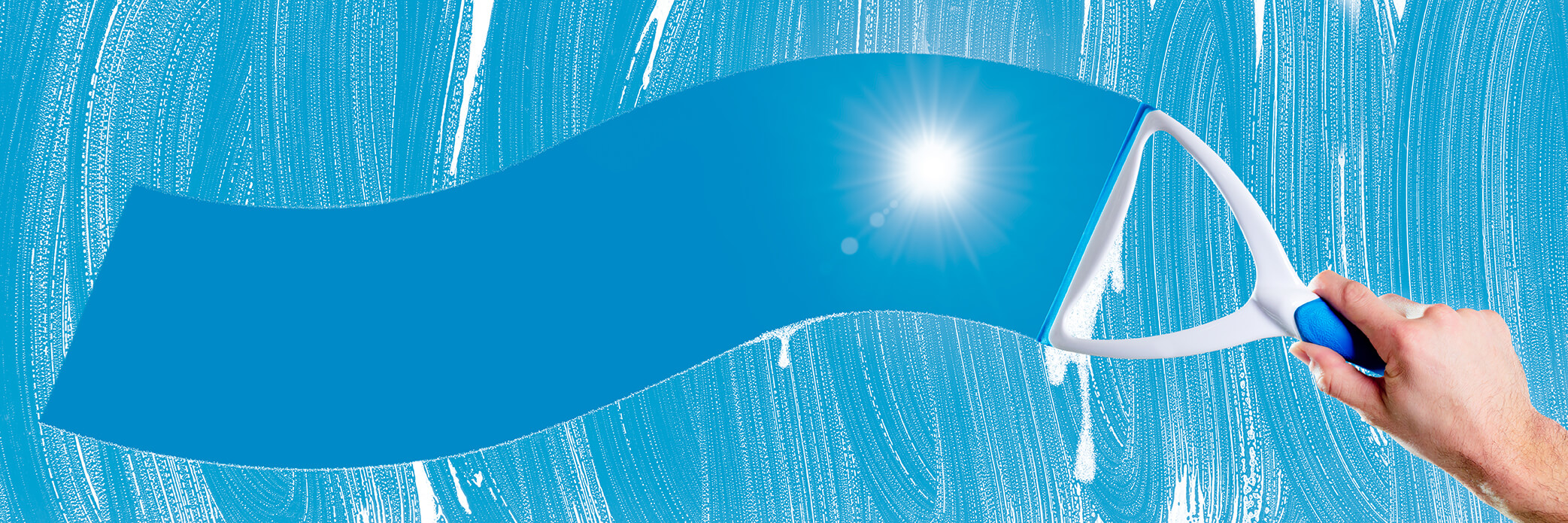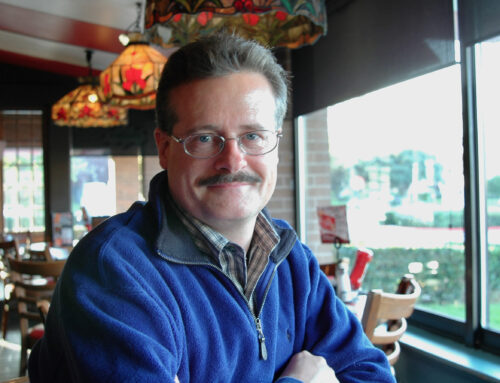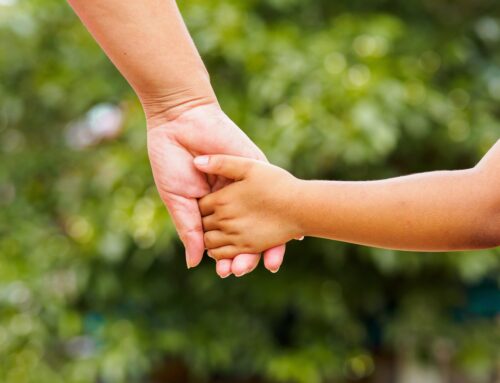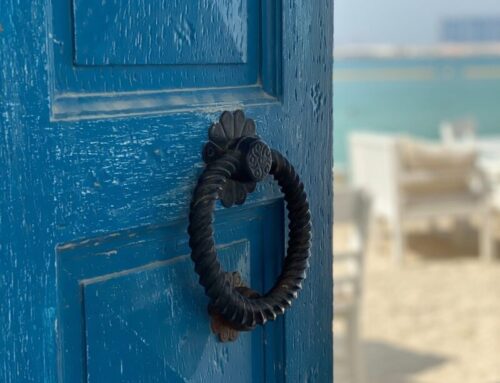The COVID pandemic is one of the worst catastrophes in human history. To date, in the United States alone, over 0.64 million people have lost their lives. Over thirty-nine million people have been reported being COVID-positive. Now the vaccines have been available but still, the situations are not easy to solve in one day. Our patience is being tested; it will be a long time before life gets back to “normal.” During this pandemic, everyone has been impacted in unprecedented ways. Many of us are overwhelmed, frozen, and even apathetic at times.
Life brings us events of “chaos” and “disorders” like the COVID. Things get piled up and unsorted without positive outcomes. We experience an arrhythmia of the mind. At these times, we may feel caught up in the middle of nowhere– dumped into the chaos. If we enter into that state, how can we manage it? What do we do with these stagnant feelings that often make us feel powerless? They may cause us to lose a sense of ownership in our lives. When this happens, how can we get the powers back in our own lives and feel more grounded?
Tidying up.
Whenever my thoughts get cloudy or caught up, I use my body and begin doing a small thing that I can physically control. Polishing the sink and faucets, tidying up the desk, or reorganizing the pantry or inside the refrigerator are all good choices. This small action like the AED defibrillator saves our sanity before a panic attack. When I do this, I do it meticulously and wholeheartedly. It helps me clear the clouds, wipe out worries, and fill my mind with a sense of achievement.
* * *
Tidying up— a short, achievable physical action with a visible goal– is the key to changing your rotted mood.
I have used this concise interruptive action as part of my spiritual practice for so long. Sorting out something small near you allows you to grip the handle of the door to lucidity in your life. When I polish and shine the kitchen sink and faucet, this small, symbolic act of cleaning leads me to find fulfillment in the chaos, which further sheds a light on other areas obscured by dimness.
When you choose a small action of an altruistic nature, like fixing a family member’s showerhead or even tightening their loosened chair legs, your once-stagnated mood will vanish, totally blown away. Even the smallest physical activity has the potential to help you open, access, connect with your core, and locate the groundedness within you.
In mid-February of last year, just before the pandemic was announced, I began to experience a disaster in my household: a serious kitchen flooding caused by water leaking out under the dishwasher. I’d had another flooding episode in the previous year from a defective valve in the dishwasher. While I awaited the dishwasher’s technician, I wasted some time. But the flooding was not caused by a dishwasher, but a pipe tear behind the dishwasher in the wall.
With the limited work availability and confusion with the COVID, the kitchen repair and reconstruction took over three months. During the construction, my kitchen was in the containment and had no water supply (though I still had access to the refrigerator).
As soon as this additional disaster became part of my life, I intently focused on my daily writing to make it my pace-maker for myself. Also, I began to offer more frequent gatherings—four times a month– on Zoom to an existing spiritual group, I’m part of. This is the way I share my concern, empathy, love, and support with the people in our spiritual community daily for many years. But I always find it true that what I do wholeheartedly for others helps me the most. I am the luckiest one; I receive tremendous psychological and spiritual support from the sacred and invisible. Gratitude, which always comes without expectation, is my best reward.
* * *
In June of 2015, about a year before his passing, my husband, Patrick, was again transported to one of the rehabilitation centers in San Diego after having a couple of surgeries and their consecutive hospitalizations. By that time I knew that the conventional healthcare systems would no longer support Patrick’s care and life. I sensed the end of his comprehensive healthcare approaching. As many doctors had already suggested, we would soon be thrown into new terrain: hospice care at home. I was under pressure to prepare for this next step.
Back then, no matter where he was hospitalized, Patrick needed me all the time. I’d fulfilled this need wholeheartedly during his treatment; I didn’t know how to do otherwise. He’d already been traumatized by the hospital staff’s sometimes intentional, other time unintentional neglect of his needs to urinate in time. All the healthcare staff was working too thin to care for every patient’s need. I was attempting to comfort Patrick and ease his time in the hospital with my compensating “extra” efforts. I’d tried my best, one action at a time. That was the only way for me to get through the heaviest storms in my life.
Two days after Patrick moved to the rehabilitation center, a man joined him from a different room. The roommate was tall and handsome, in his eighties. I’d seen him in the lobby on the first day Patrick got transported to the center. As I followed Patrick’s gurney into his room, I’d glanced at the man– sitting in his wheelchair, extending his legs forward, resting his temporal on his right palm with his elbow bent on the wheelchair’s arm. Since then, whenever I’d walked through the lobby, he’d been there waiting in his wheelchair, beside the crowd of rather cheerful old ladies in the wheelchairs.
The center’s aides called him “professor” and treated him with respect. When he and I finally spoke, he told me, in very formal language, that he’d come to the center to recover from a couple of recent stroke episodes. But it was evident that he had dementia. While speaking, he occasionally experienced a sudden withdrawal– became quiet and held his temple with his palm as if something inside his head was falling apart.
During Patrick’s stay for eight days, I saw his wife twice. Each of her visits was short and rather distant from her husband; she seemed mainly there to meet with the center’s administrators. She came to his room briefly and reported how difficult, even impossible, to get long-term care for him. Her voice broke in frustration. As she noticed me on the other side of the partition, she spoke even louder as if she wanted me to listen to her “tragedy,” what she was crying for in her life.
While his wife shot words at him, the man kept asking, “Where is the chocolate cake?” “Where is it? … You told me you would bring it the next time… Where is it?”
“I told you I would do it next time,” his wife said, trying to stop him from speaking. Then she quickly picked up his wheelchair, pushing it out to the hallway. Five minutes later, they came back, and then she disappeared.
On the day of Patrick’s discharge, his roommate, the “professor,” was in the lobby again, sitting in his wheelchair, touching his temple, and waiting.
* * *
These are stories in our lives.
Whether controllable or not, we are on the journeys of our lives. Life brings us all the unknown at each moment. Some events are beyond our control even if we wish them not to be. They swallow us straight into the heart of problems, and at times we don’t know how long those problems will last or how we can maintain ourselves in them. Whether or not we like it, the tsunamis could wash up on our shores, the storms can smash the land around us at times.
I’ve pondered many “what if” possibilities in my own life. But I am not afraid of life. I love life, whatever it brings. I am an advocate for living a life with more curiosity, love, and courage. To sail the oceans of the unknown, we need to know our vessels, prepare for the journeys ahead of us, and enjoy them wholeheartedly. The openness to potential is the base and drive for learning from anything new and unknown.
Join me in this place, where you can keep a window open to your Self by a small yet sincere act of tidying up. It will allow you to own your life in the middle of storms. Freedom, love, and potential can emerge from the place within.













Leave A Comment